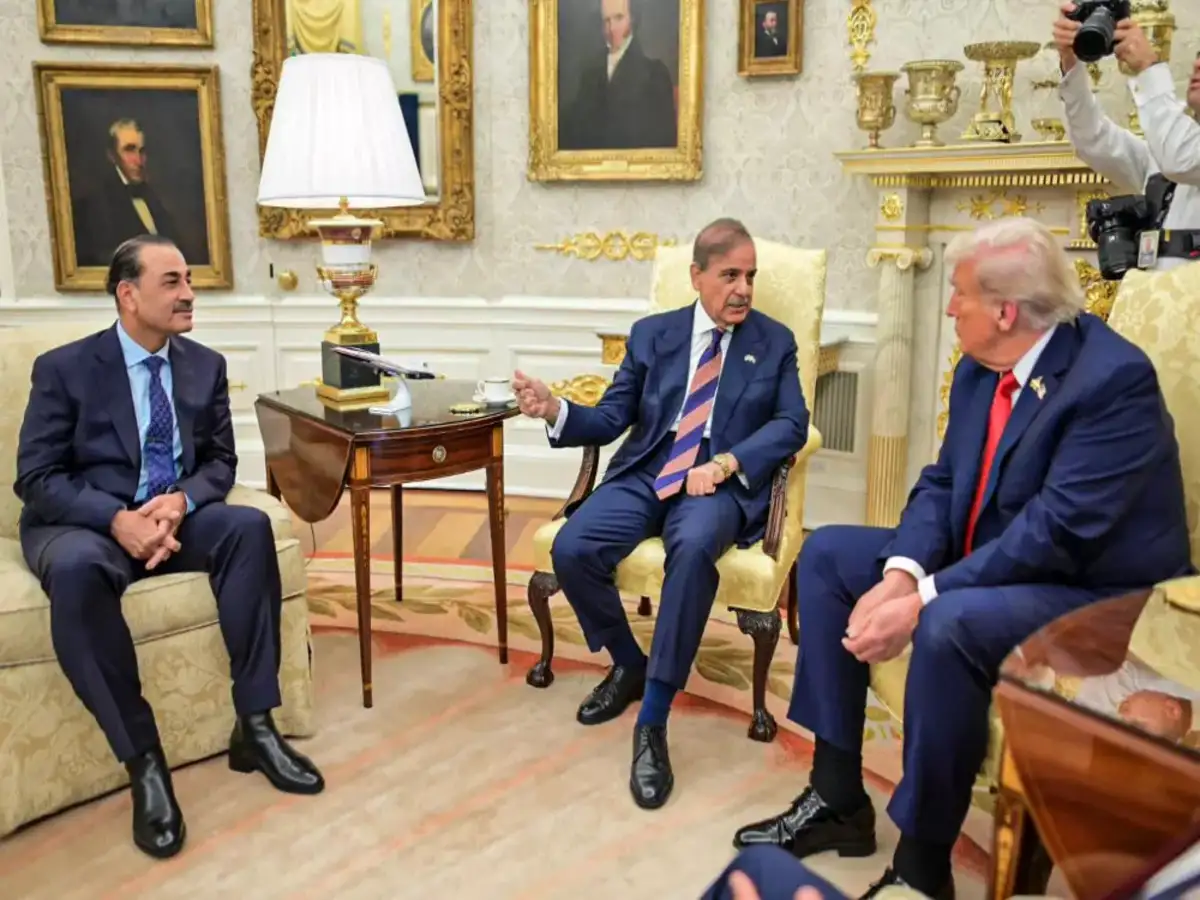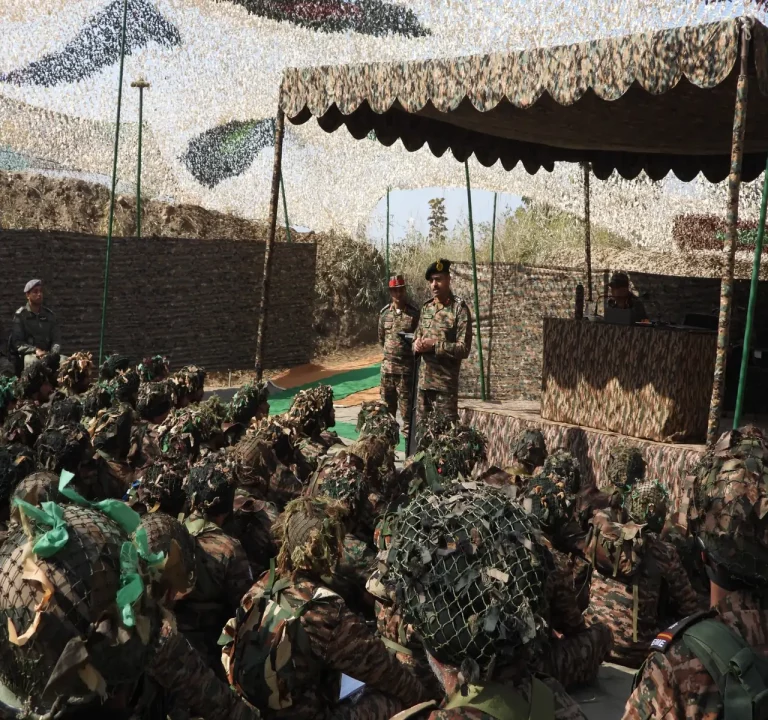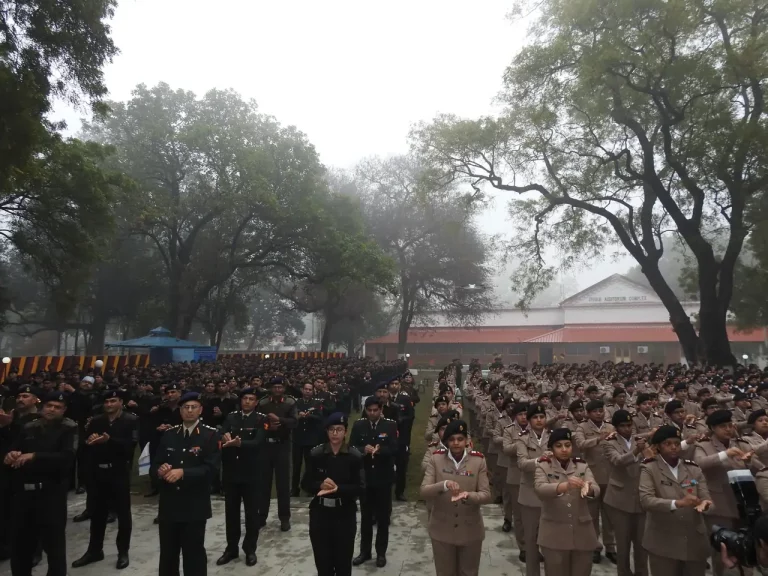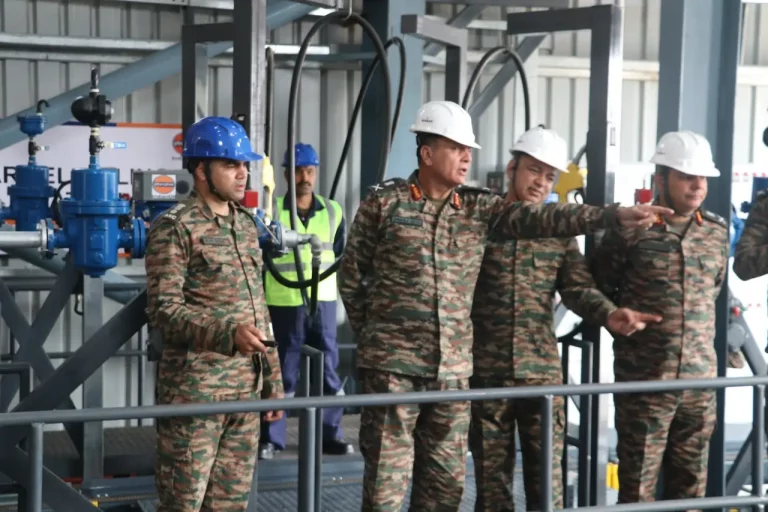The United States has categorically rejected recent media claims that Pakistan will be receiving a new supply of Advanced Medium-Range Air-to-Air Missiles (AMRAAMs) under an updated defence agreement. In a definitive statement, the U.S. Embassy in Islamabad emphasized that the latest modification to the existing contract focuses exclusively on sustainment and spare parts support for current systems, with no inclusion of new missile deliveries or technological enhancements for Pakistan.
This clarification was prompted by confusion stemming from a recent announcement by the U.S. Department of War, which referenced an amendment to a Foreign Military Sales (FMS) contract involving several allied nations, including Pakistan. The embassy underscored that “contrary to false media reports, no part of this contract modification is for deliveries of new AMRAAMs to Pakistan.”
The source of the misunderstanding appears to be Pakistan’s mention in a list of countries included in an updated contract with Raytheon Co., an American defense contractor based in Tucson, Arizona. Raytheon was awarded a USD 41 million modification to an existing AMRAAM production contract, bringing the cumulative value to over USD 2.5 billion. This large-scale project supports various nations, including the UK, Germany, Israel, Japan, and Saudi Arabia, and is slated for completion by May 2030.
U.S. officials reiterated that Pakistan’s inclusion in this contract is strictly for logistics and maintenance under the pre-existing framework, with no plans for new missile production, upgrades, or transfers. This clarification comes in the wake of reports from Pakistan’s Dawn newspaper, which speculated that recent diplomatic engagements between Washington and Islamabad could signal a revival of arms supplies.
These reports emerged shortly after meetings between Pakistan’s Prime Minister Shehbaz Sharif, Army Chief General Asim Munir, and U.S. President Donald Trump, which had fueled speculation about the possibility of renewed military cooperation. However, U.S. authorities have made it clear that the contractual amendment is strictly administrative and aimed at sustaining existing systems that have already been provided.
Historically, Pakistan acquired approximately 700 AIM-120 AMRAAMs in 2007 as part of its F-16 modernization initiative, marking one of the largest international orders for this particular missile type. Since that time, the United States has largely refrained from supplying new missiles to Pakistan, particularly in light of deteriorating defense relations.
By reiterating that no new deliveries or upgrades are planned, the United States aims to quell rumors regarding the enhancement of Pakistan’s air power, thereby maintaining transparency amid the intricate security dynamics in South Asia.







